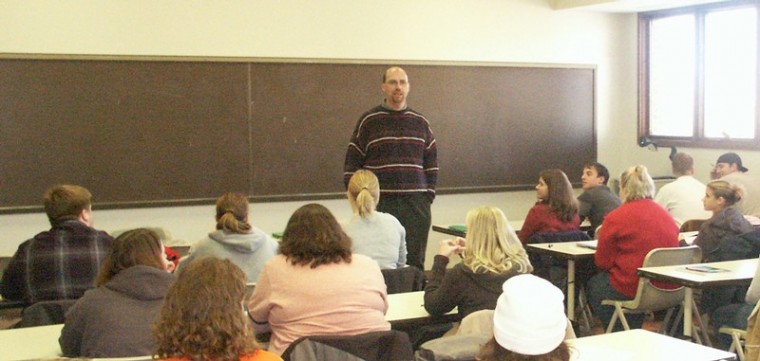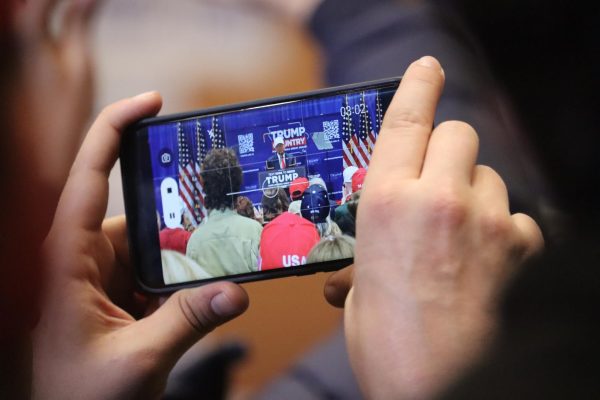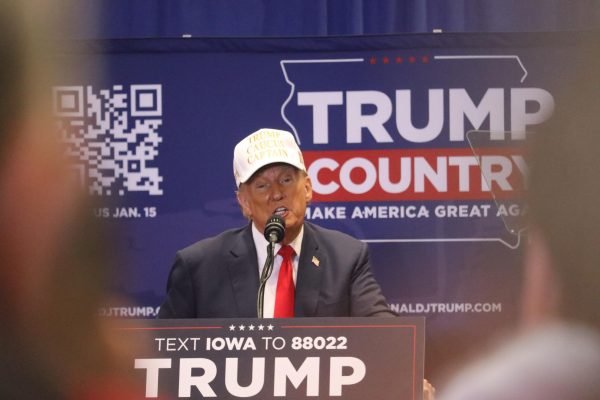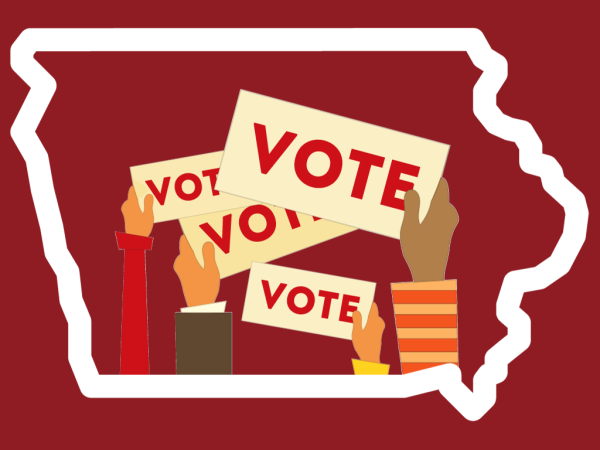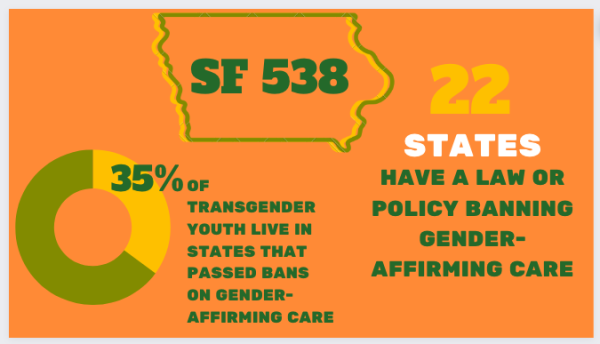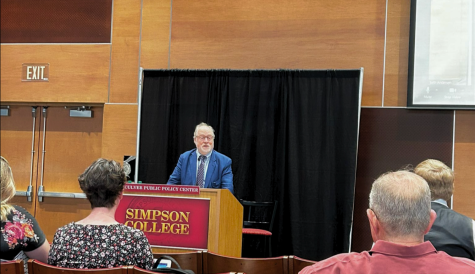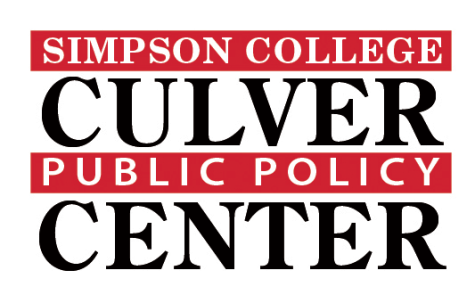Professing Politics
September 9, 2004
Turn on the TV and see it air during programs and commercials.Listen to the radio and hear it play in between favorite songs.Drive down the highway and spot billboard signs displaying itprominently.
For the next few months, Simpson students will be bombarded fromall directions with political advertisements and inside theclassroom has proven to be no safe haven. During the first week ofclass, some professors have taken the liberty of voicing theirpersonal political views to students.
A number of professors, as well as students, see doing so highlynecessary while others find inside the classroom an inappropriateplace to discuss such issues.
“I don’t walk into class and introduce myself as ProfessorEpperson the Democrat but if me sharing my political views getsstudents to share theirs, I’m doing my job,” said John Epperson,associate professor of Political Science.
Epperson, who in years past has been a political annalist forChannel 5 news, believes almost everyone knows what political partyhe’s affiliated with but doesn’t want his students to feel forcedinto being the same way.
“Students will sometimes become timid about opposing theprofessor’s beliefs but I don’t want my students to feel that way,”Epperson said.
Senior Matt Morain, thinks it’s alright for professors likeEpperson, as well as others, to voice their political views duringclass time if it’s in moderation and has often been witness to themdoing so.
“During those awkward silences when no one is talking aprofessor’s opinion can really stimulate conversation, but hearingit every day is distracting,” said Morain, a history and politicalscience major.
Tia Nearmyer, sophomore, has also had professors unafraid toshare their political outlooks and agrees with Morain. She feelslistening to her professor’s point of view helps her to learn.
“I like listening to their opinions and after them voice theirsthey leave it open for others to do the same,” said Nearmyer apolitical science major.
Not all professors want feedback to their opinions. Associateprofessor of religion, Gary Kinkel, says he doesn’t aim to createargument when he discusses politics with his students, but ratherwants to envelope his students in thought.
“I’m not trying to debate anyone because what I want students todo is to take what I say and just think about it,” Kinkel said.
Kinkel explained it’s not often he addresses his own politicalviews in class and would rather want to wait till class had endedto discuss such issues with students. Epperson tries hard to be thesame way but says only his students really know if he holds true tothat.
“I think I tell more students I’m a Baltimore Orioles fan than ademocrat, but you’ll have to ask my students to really know thetruth,” Epperson said.



